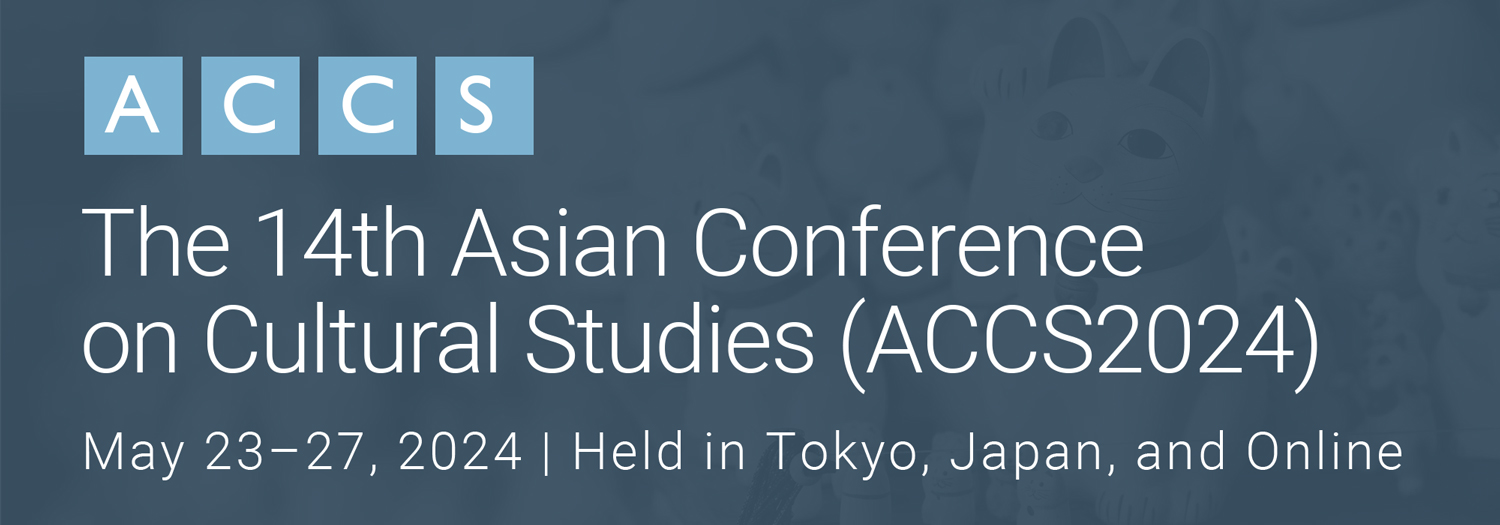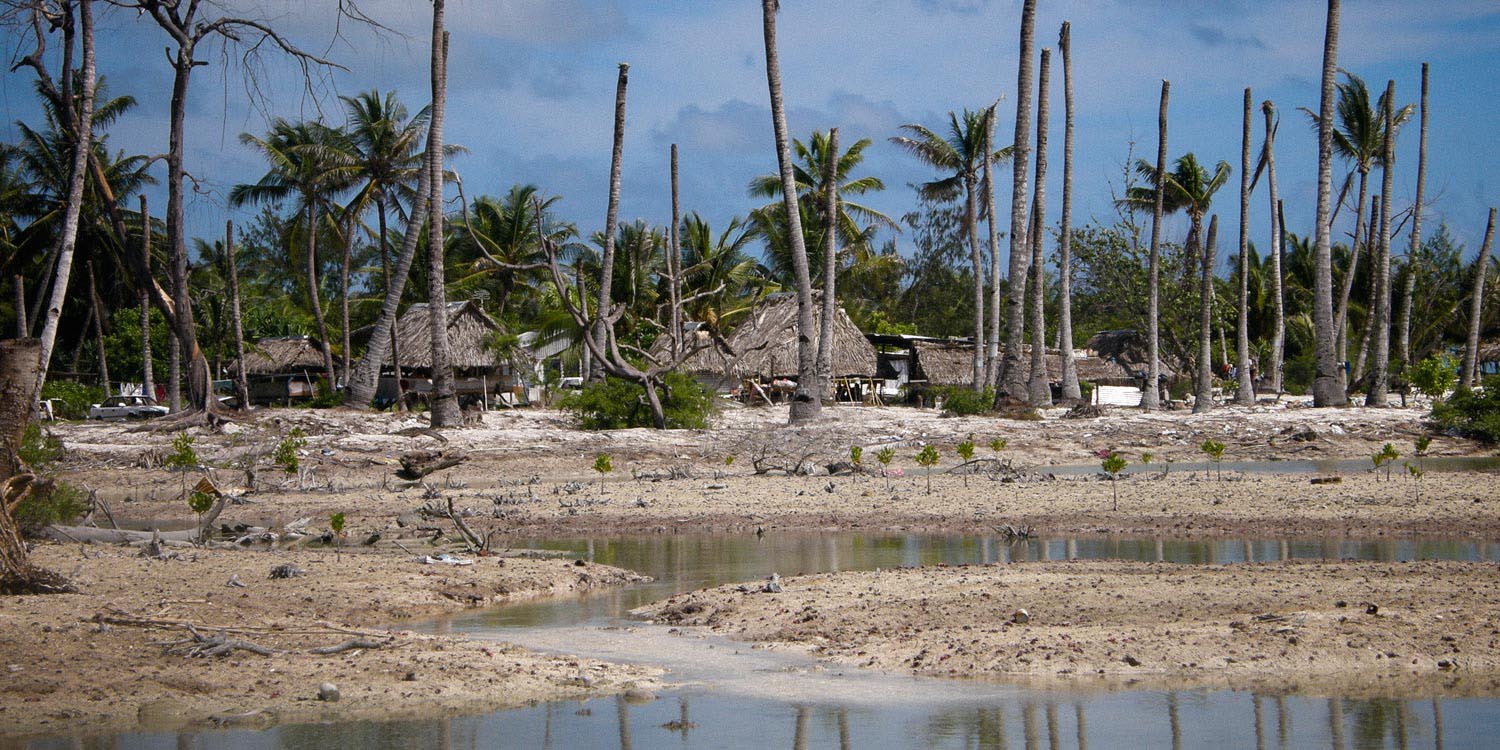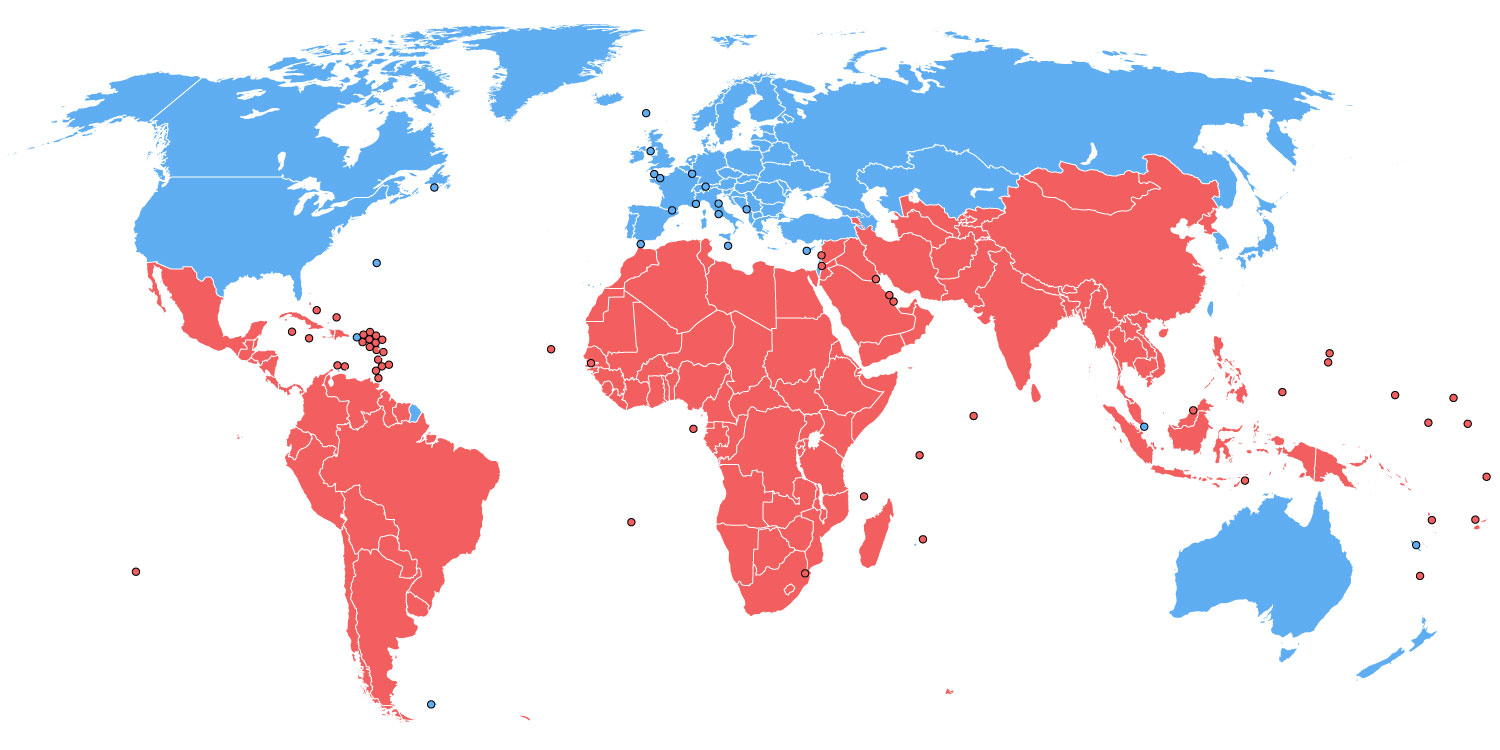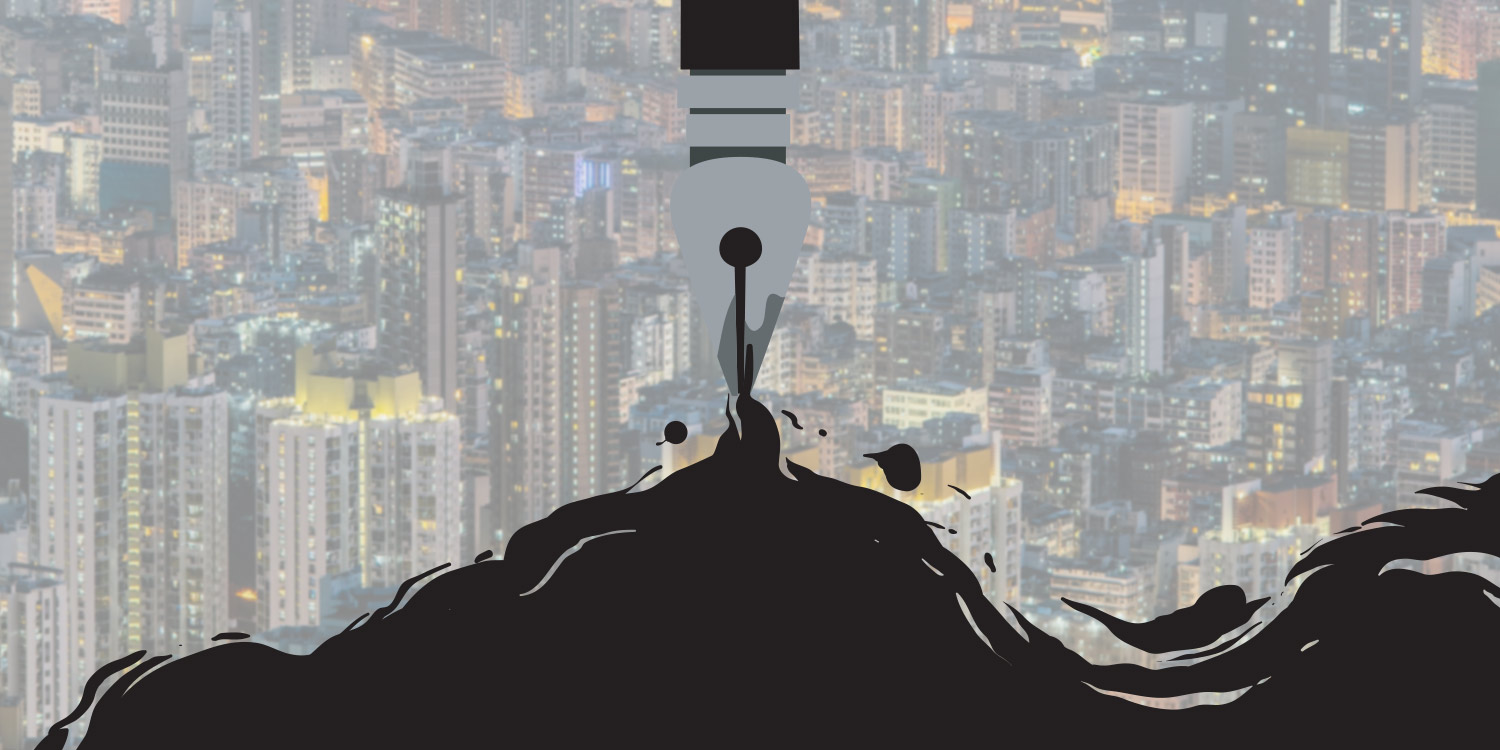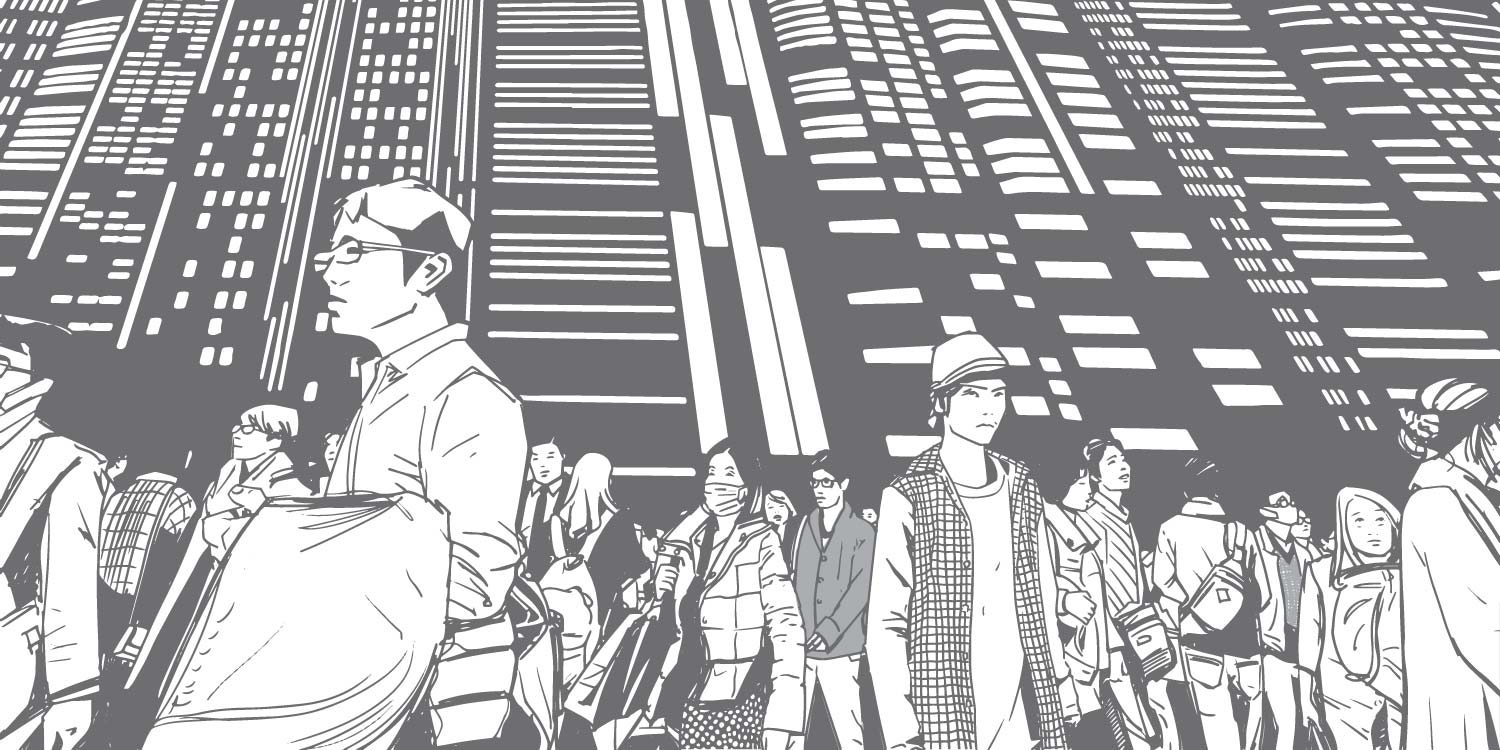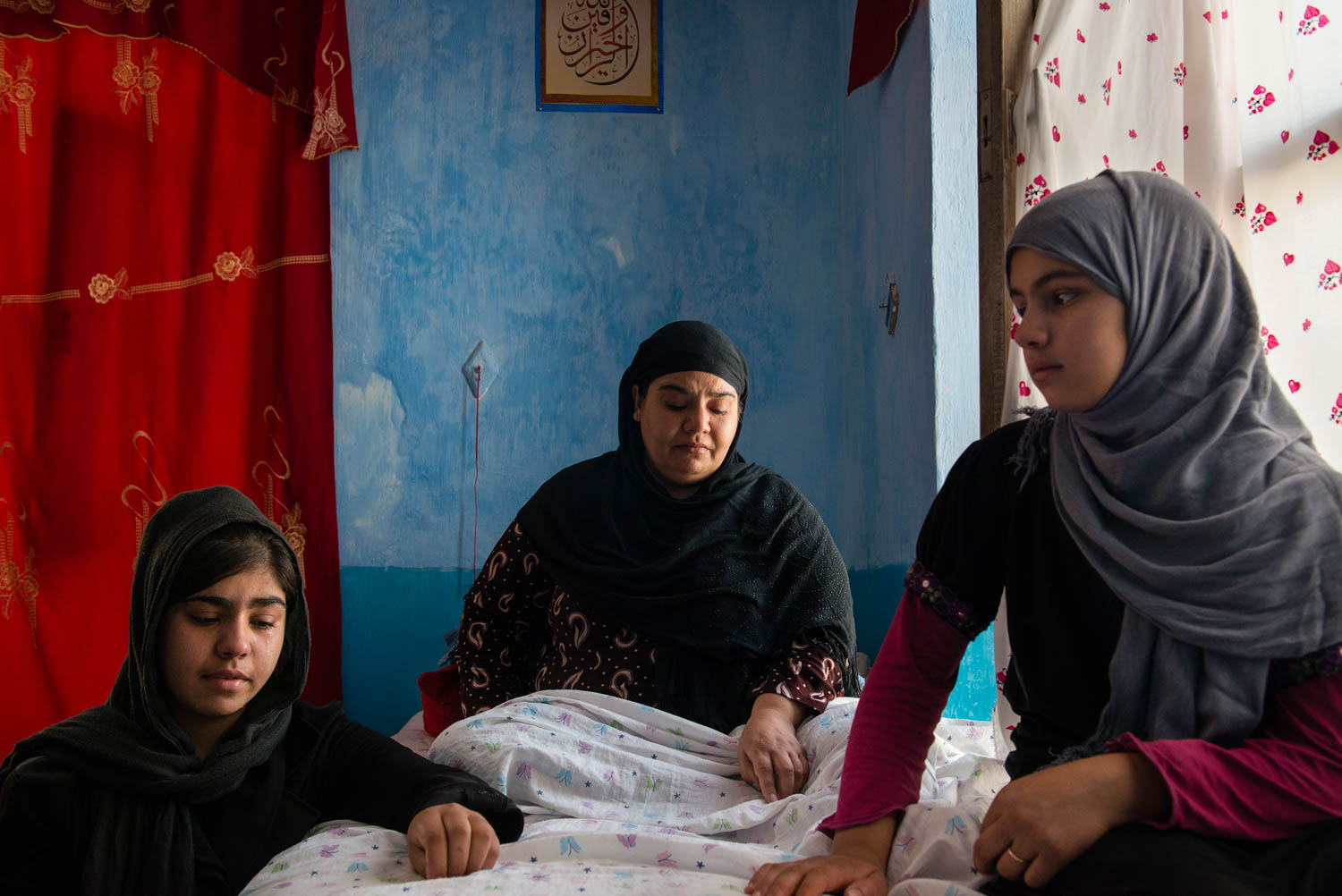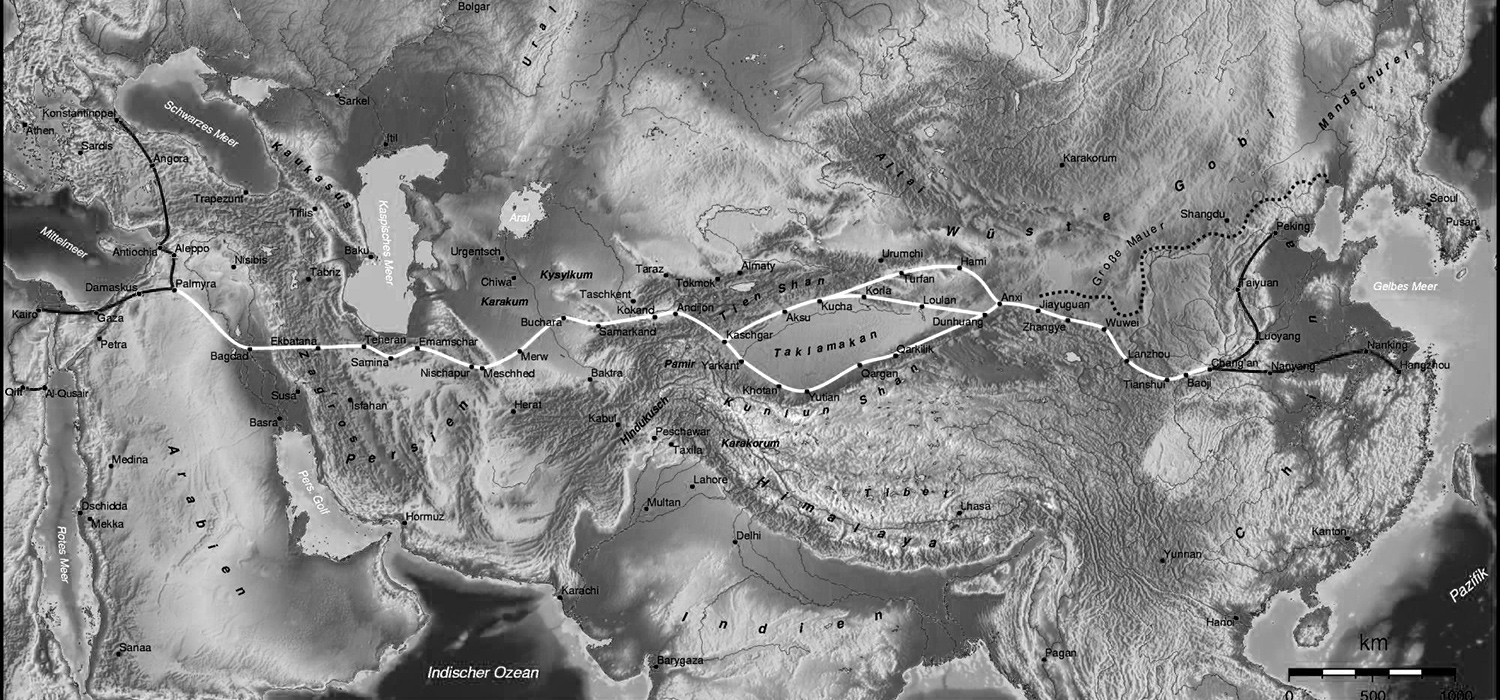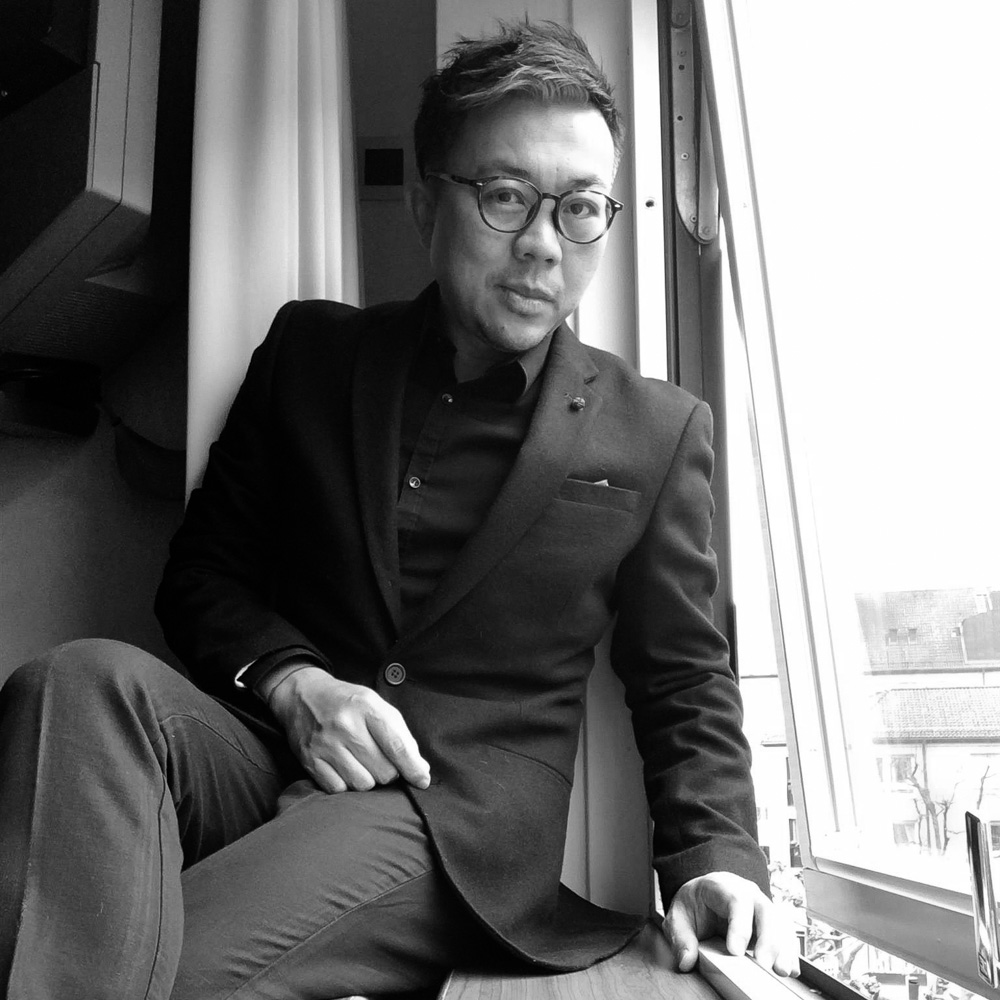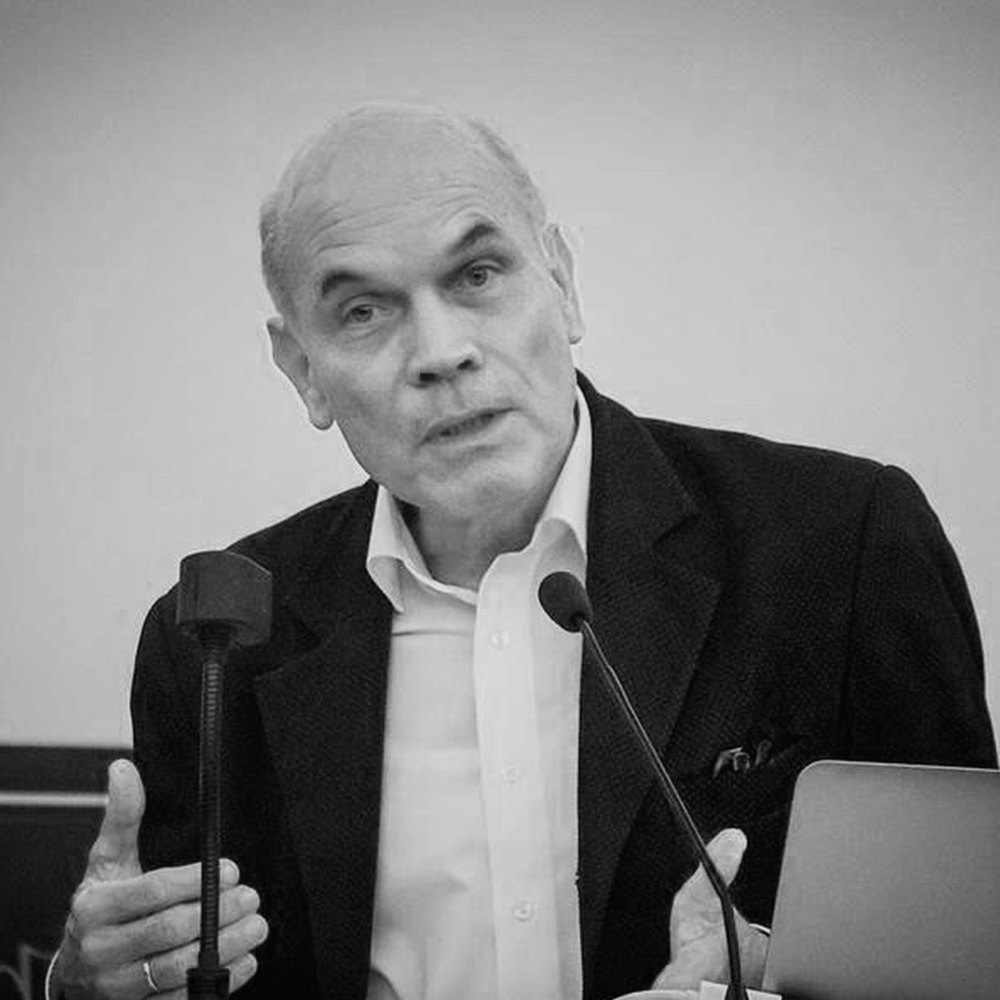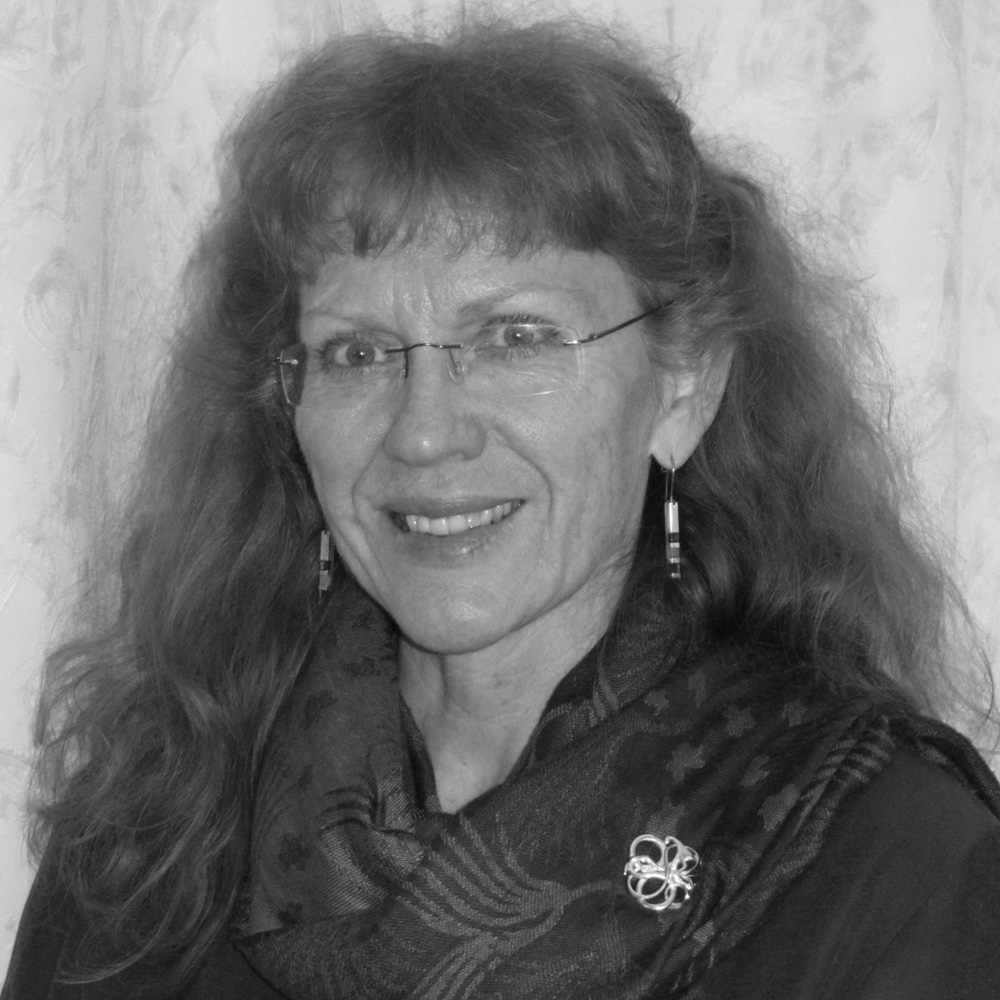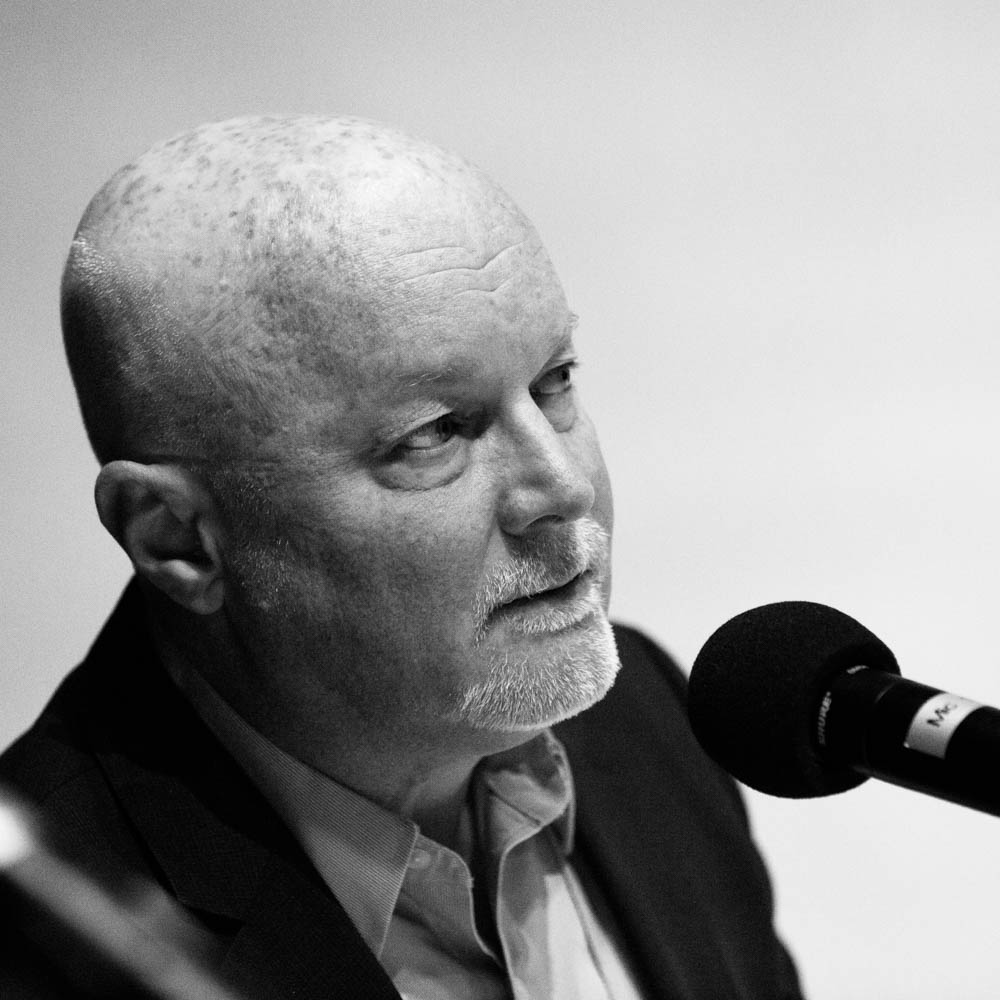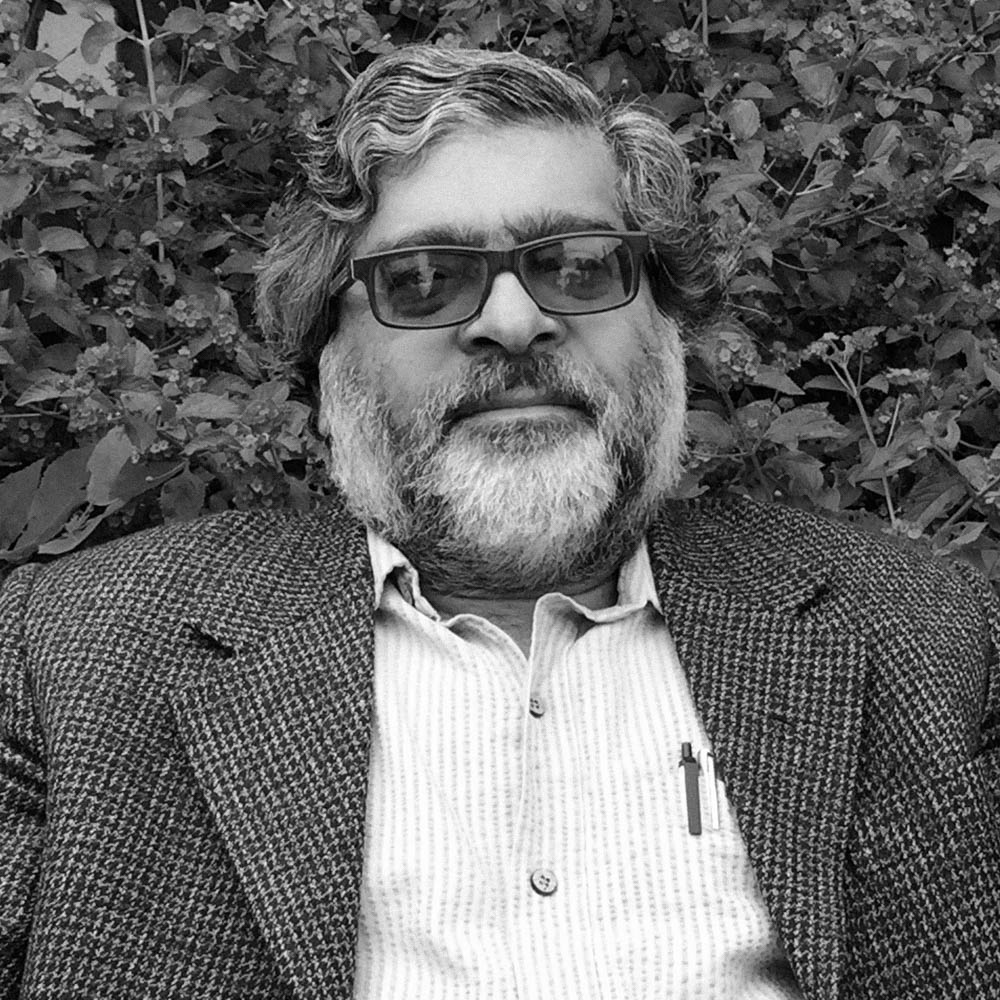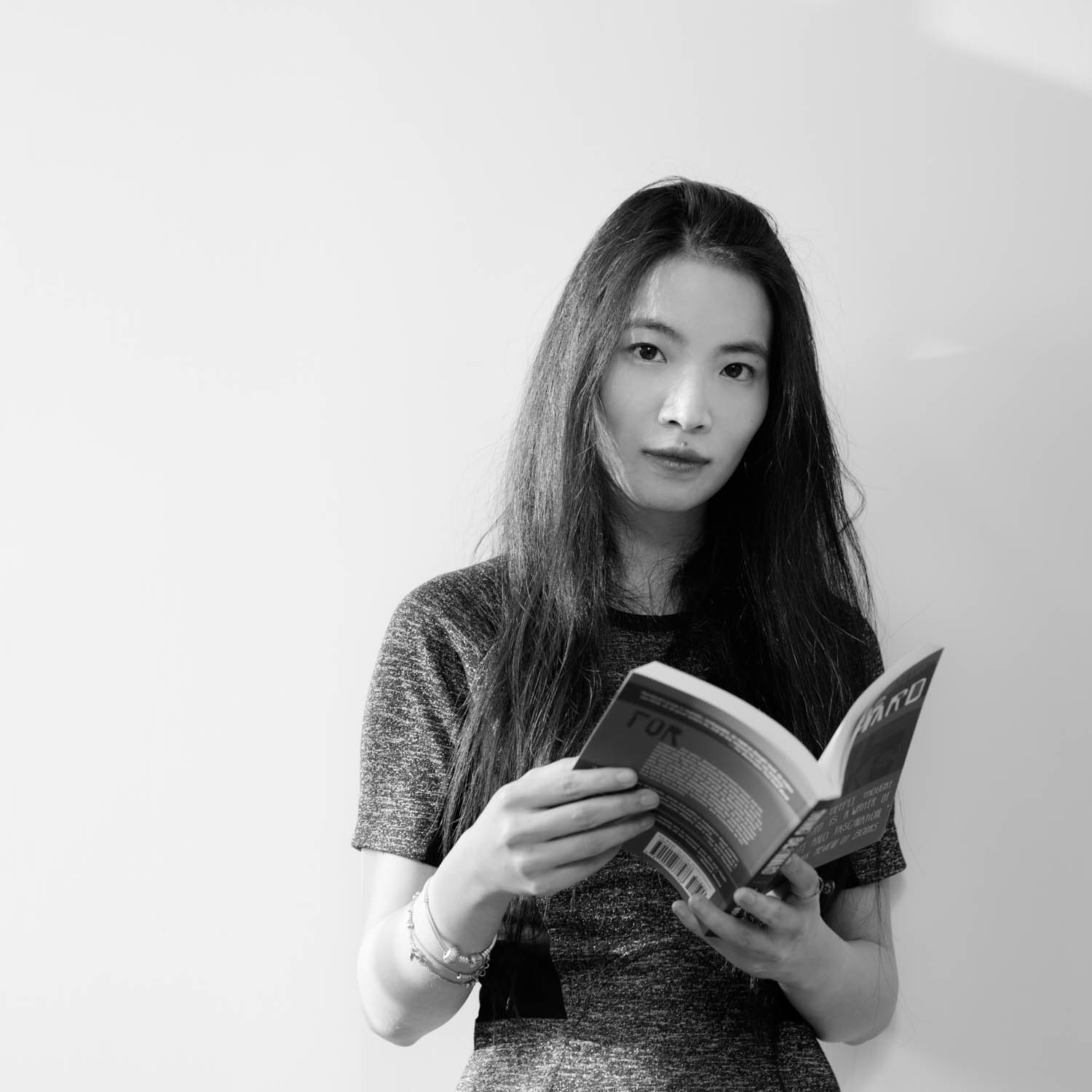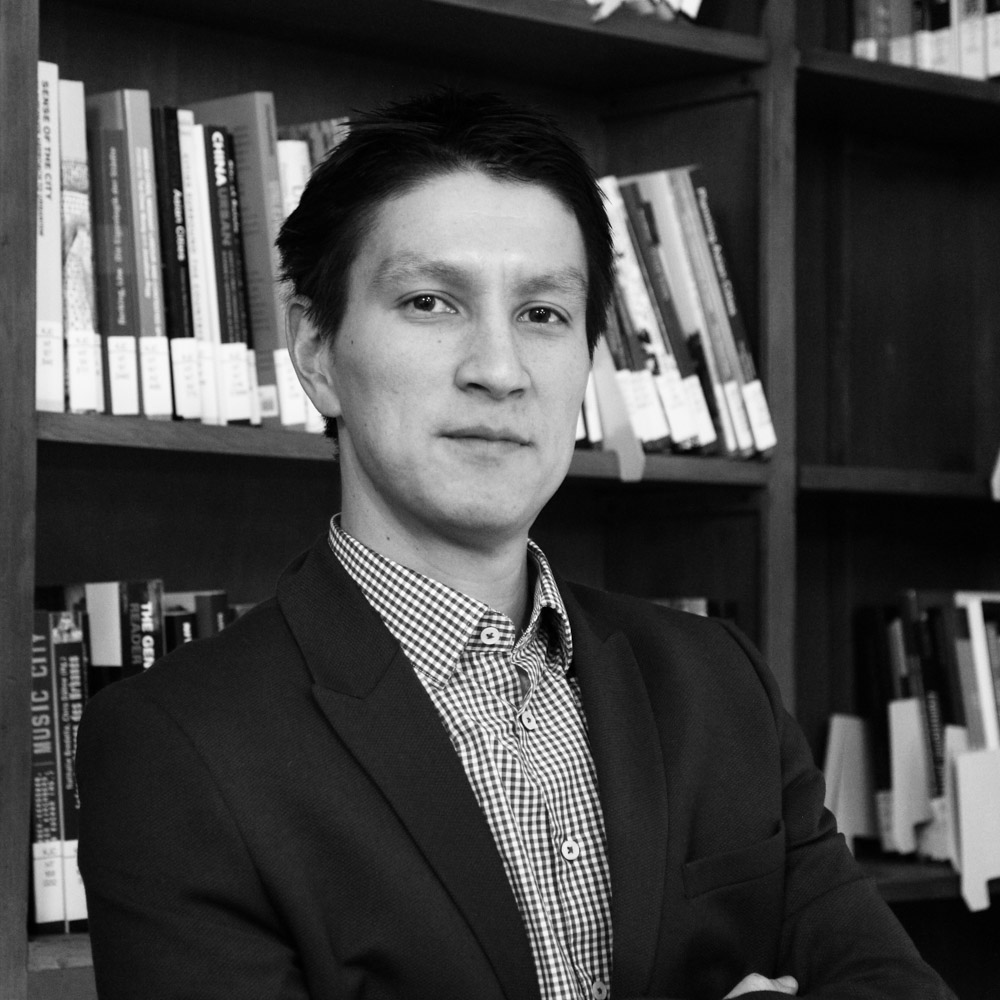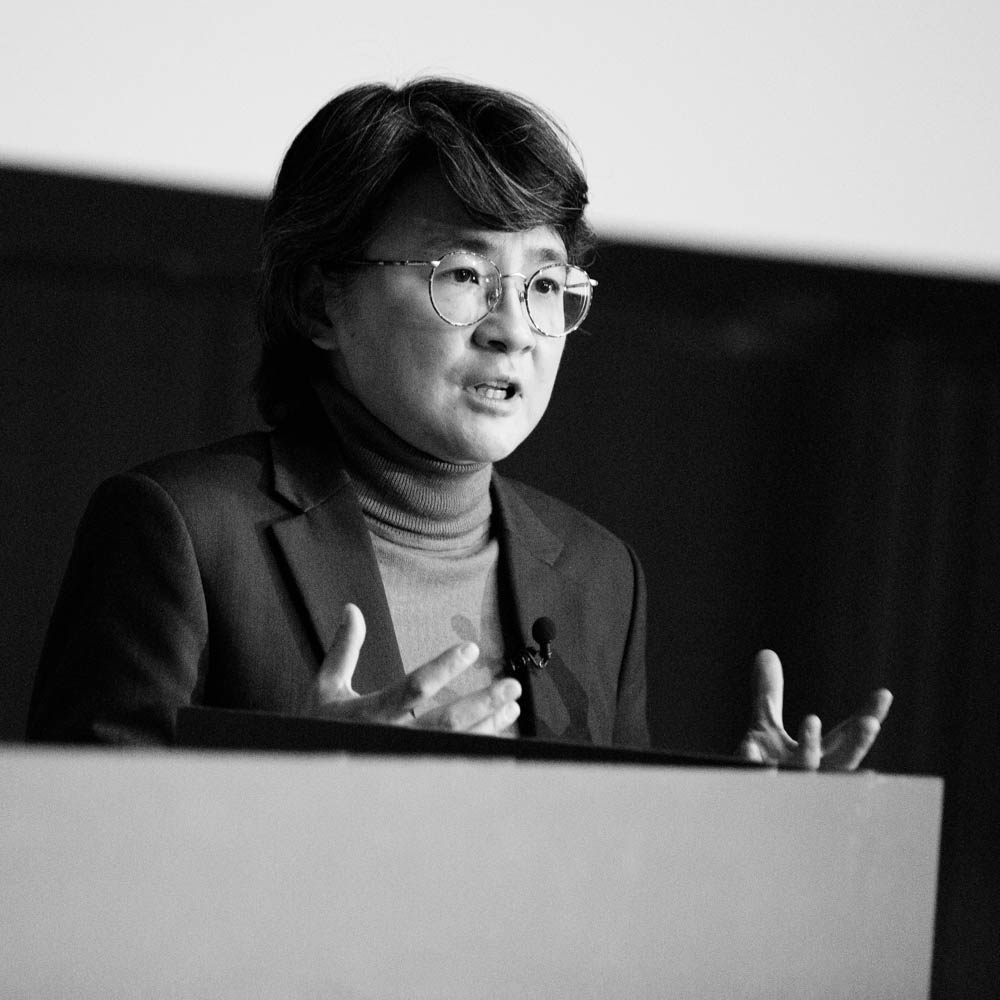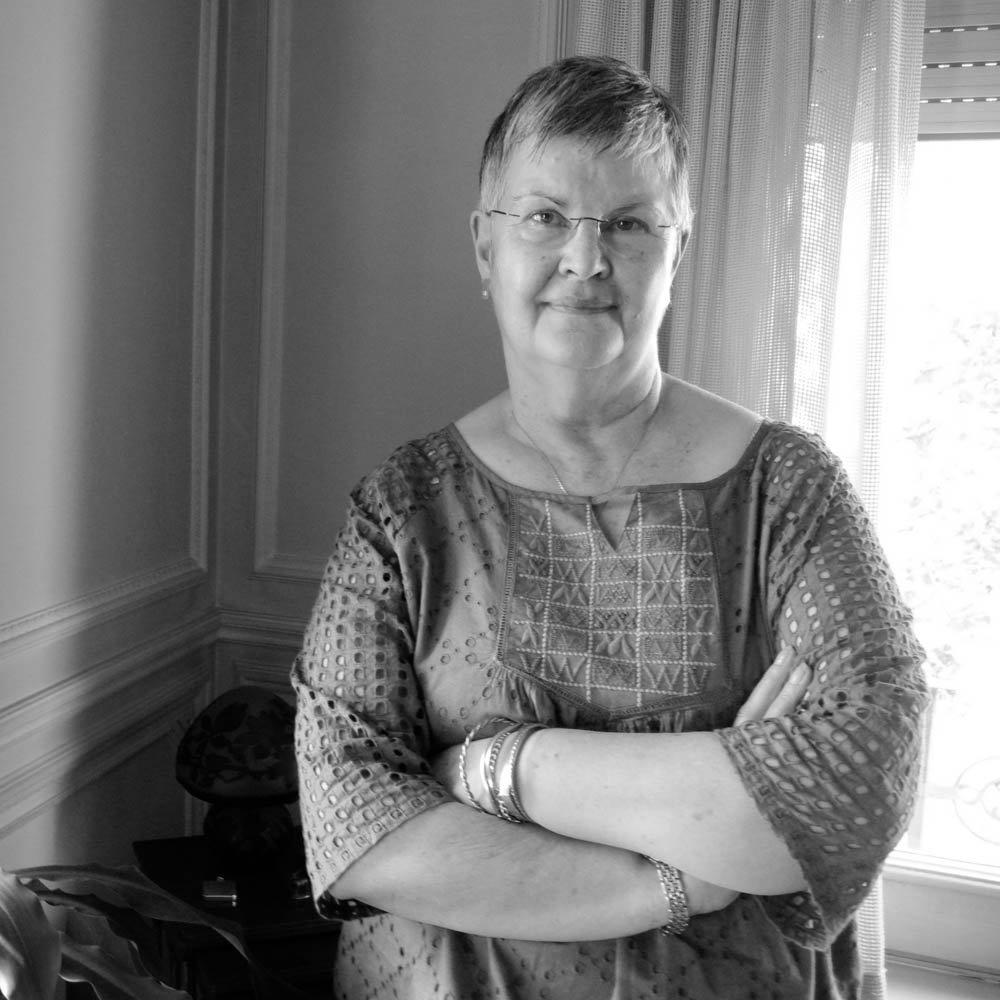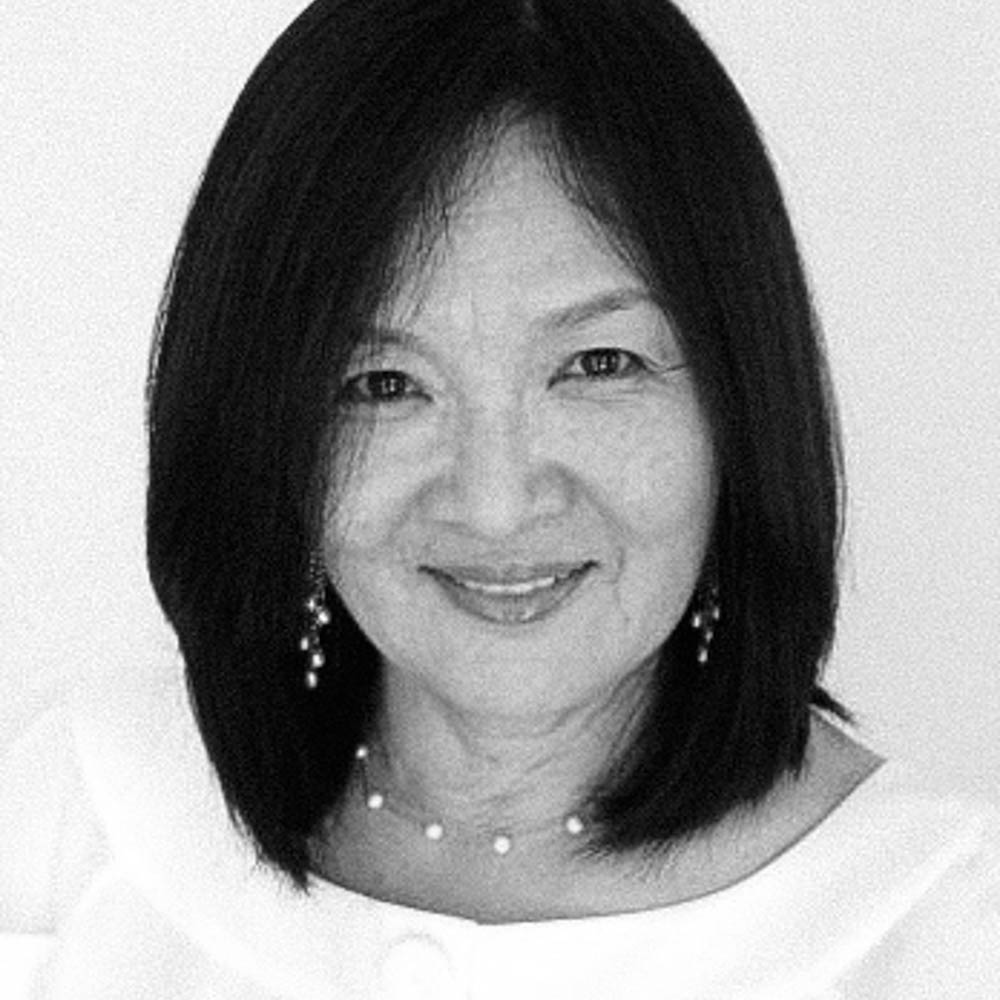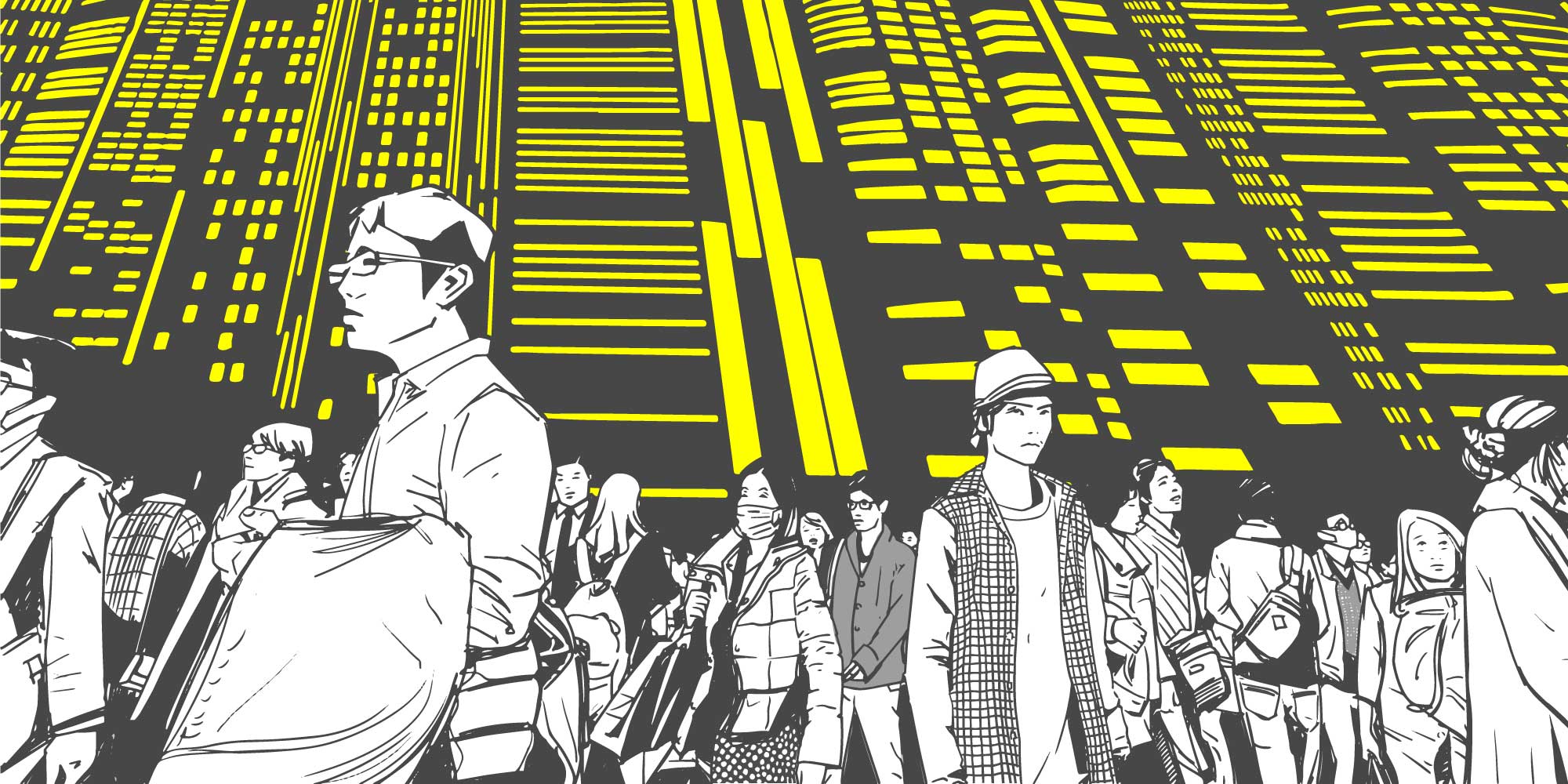
"Fearful Futures: Cultural Studies and the Question of Agency in the Twenty-First Century"
June 1–3, 2018 | Art Center Kobe, Kobe, Japan
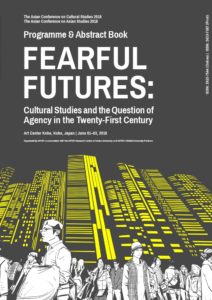 We have reached a moment in international history that is one of potential paradigm shift. It is a moment when a problematic, but at least blandly progressivist, pro-multiculturalist movement toward “cosmopolitanism” (as Kwame Anthony Appiah might use the term) is being threatened by a far more destructive and potentially genocidal ethno-nationalism, the ferocity of which is fuelled by economic disparity, religious intolerance and retrograde ideologies regarding gender, race and sexuality. The possible global futures we face are fearful, indeed.
We have reached a moment in international history that is one of potential paradigm shift. It is a moment when a problematic, but at least blandly progressivist, pro-multiculturalist movement toward “cosmopolitanism” (as Kwame Anthony Appiah might use the term) is being threatened by a far more destructive and potentially genocidal ethno-nationalism, the ferocity of which is fuelled by economic disparity, religious intolerance and retrograde ideologies regarding gender, race and sexuality. The possible global futures we face are fearful, indeed.
In this context, cultural studies has a unique role to play in tracing the genealogy of the present moment and charting different paths forward. As never before, cultural studies is called to return to its activist roots, to diagnose the ideologies driving hatred and intolerance, and to posit different models of social engagement and organization. Looking to the past, what do we learn about the challenges of today? How does culture replicate itself (or critically engage itself) in the classroom, in literature, in social media, in film, in the visual and theatrical arts, in the family and among peer groups? How do we rise to the challenge of articulating a notion of human rights that also respects cultural difference? How do cultural representations of the environment abet or challenge the forces driving climate change? What are the roles and responsibilities of the individual activist as teacher, writer, social scientist and community member?
This international and interdisciplinary conference will bring together a range of academics, independent researchers, artists and activists to explore the challenges that we face in the twenty-first century. While we have every right to fear the future, we also have agency in creating that future. Can we commit to a cosmopolitanism that celebrates difference and that challenges social inequity? On our ability to answer to that question affirmatively likely hangs our very survival.
Programme
-
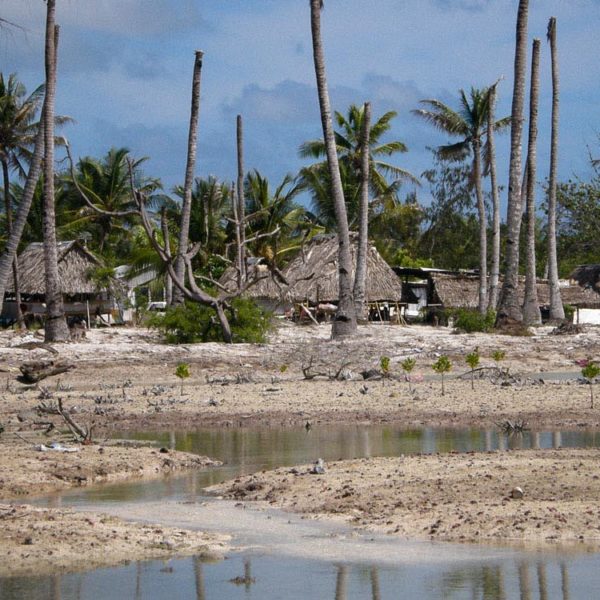 Indigenous Resurgence and Environmental Justice on the Global StageKeynote Presentation: Helen Gilbert
Indigenous Resurgence and Environmental Justice on the Global StageKeynote Presentation: Helen Gilbert -
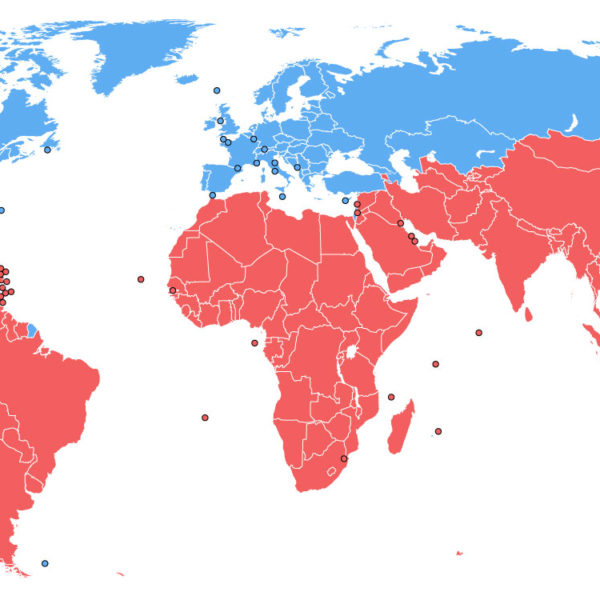 The Challenge of the Global SouthKeynote Presentation: Vinay Lal
The Challenge of the Global SouthKeynote Presentation: Vinay Lal -
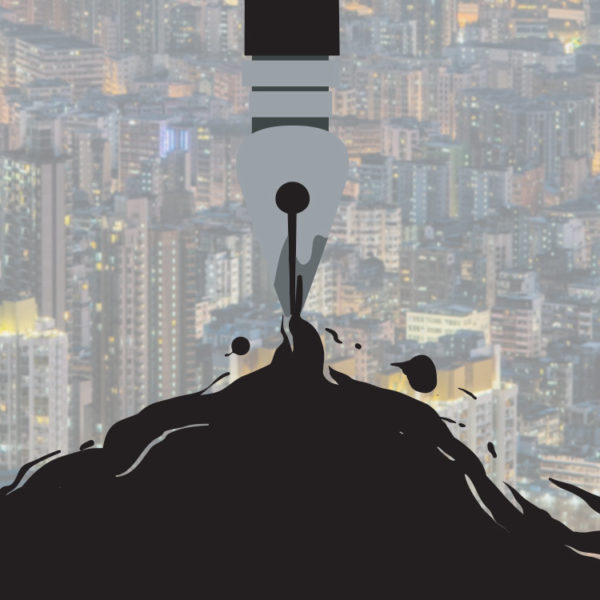 Poetic Resistance and EmpowermentKeynote Presentation: Tammy Lai-Ming Ho
Poetic Resistance and EmpowermentKeynote Presentation: Tammy Lai-Ming Ho -
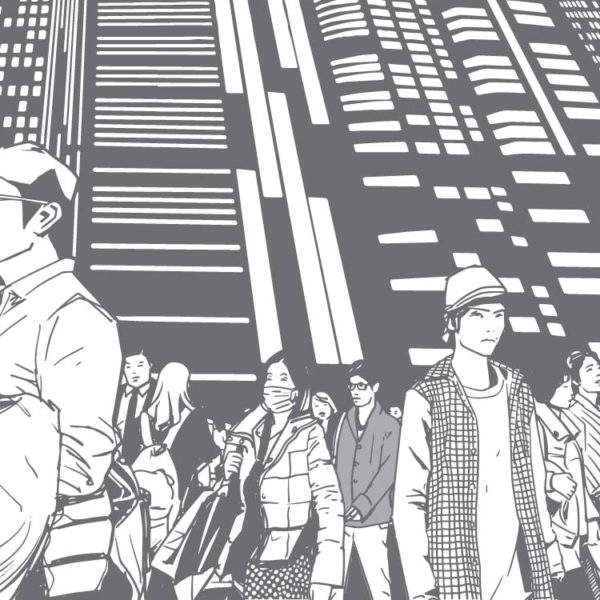 Fearful Futures: Rescuing Asian DemocracyFeatured Panel Presentation: Haruko Satoh, Pavin Chachavalpongpun & Colin Duerkop
Fearful Futures: Rescuing Asian DemocracyFeatured Panel Presentation: Haruko Satoh, Pavin Chachavalpongpun & Colin Duerkop -
 The Cities We FledKeynote Presentation: Donald E. Hall
The Cities We FledKeynote Presentation: Donald E. Hall -
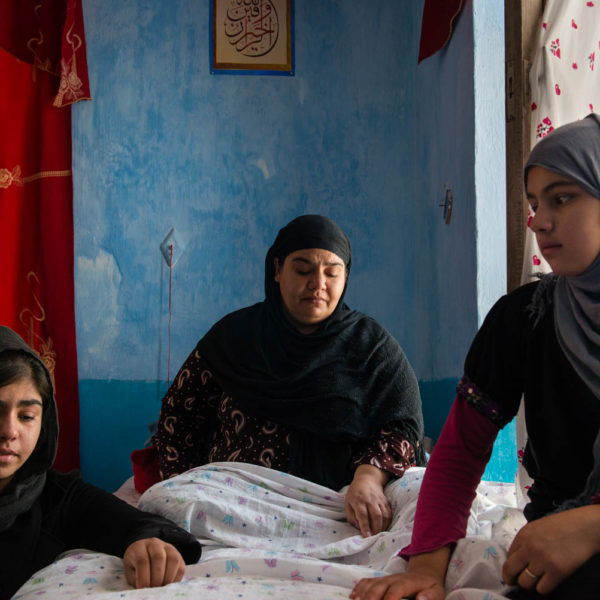 IAFOR Documentary Photography Award 2017 | Award Winners Screening
IAFOR Documentary Photography Award 2017 | Award Winners Screening -
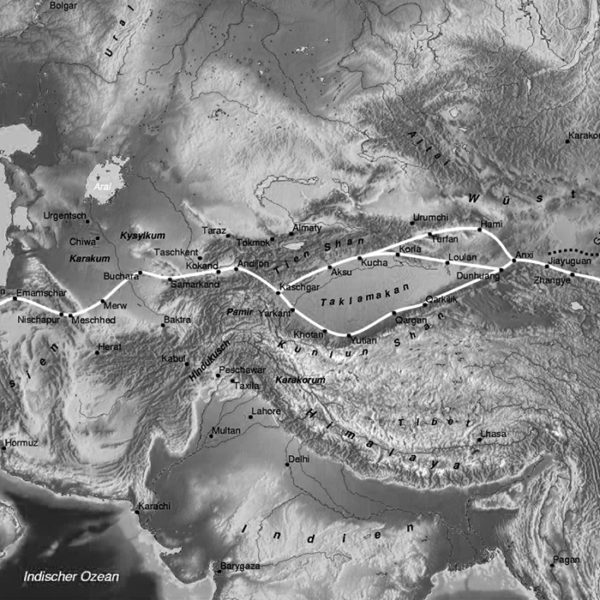 IAFOR Silk Road Initiative Information Session
IAFOR Silk Road Initiative Information Session
Speakers
-
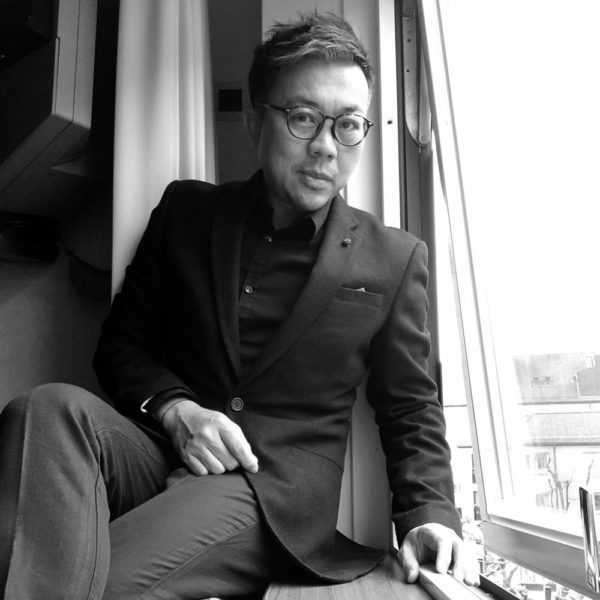 Pavin ChachavalpongpunKyoto University, Japan
Pavin ChachavalpongpunKyoto University, Japan -
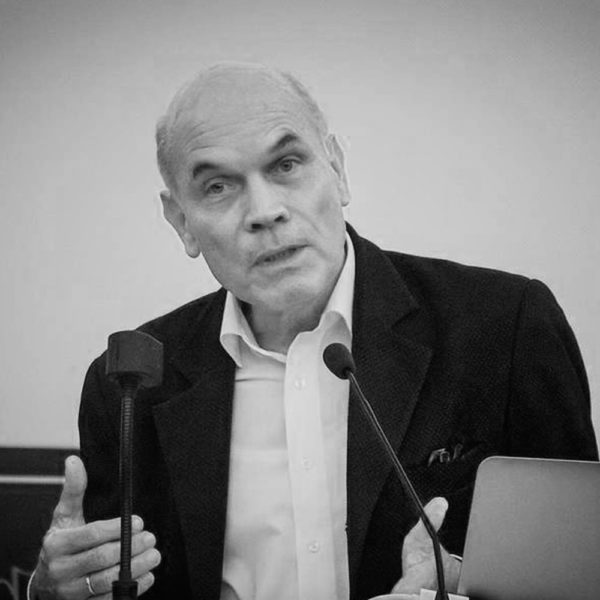 Colin DürkopVisiting Fellow, Kyoto University, Japan
Colin DürkopVisiting Fellow, Kyoto University, Japan -
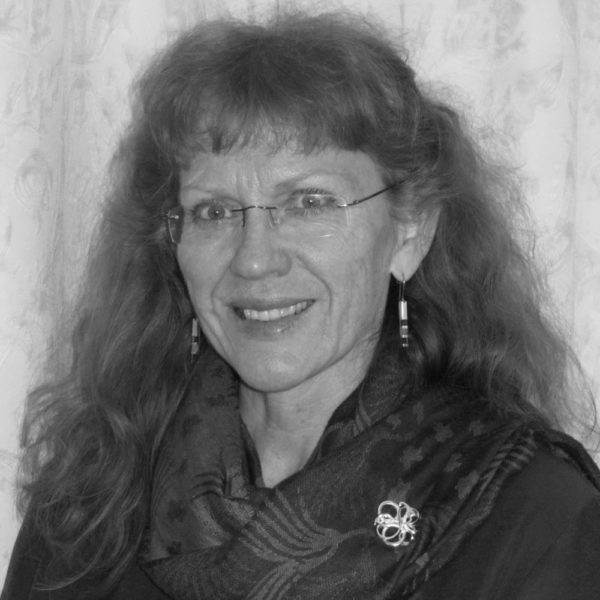 Helen GilbertRoyal Holloway, University of London, UK
Helen GilbertRoyal Holloway, University of London, UK -
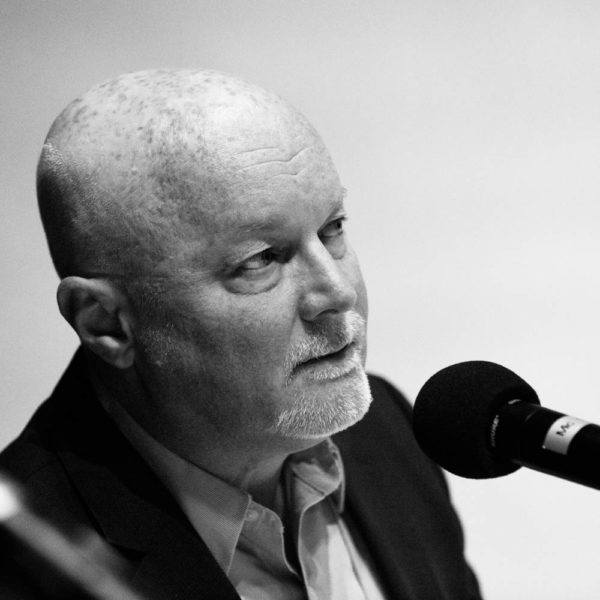 Donald E. HallBinghamton University, USA
Donald E. HallBinghamton University, USA -
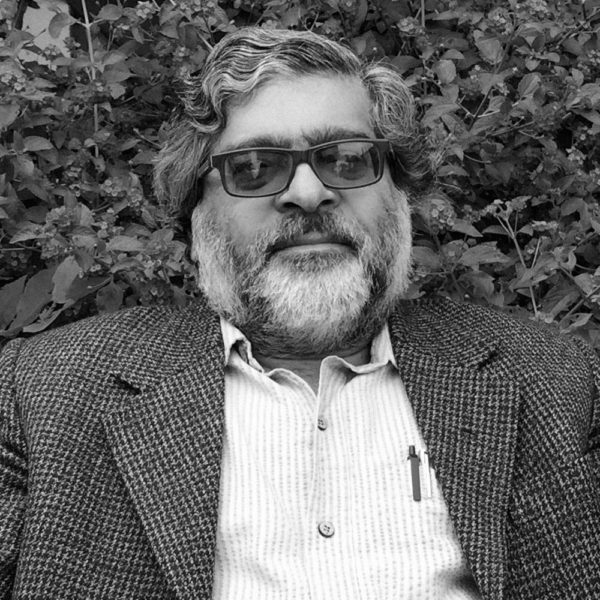 Vinay LalThe University of California, Los Angeles (UCLA), USA
Vinay LalThe University of California, Los Angeles (UCLA), USA -
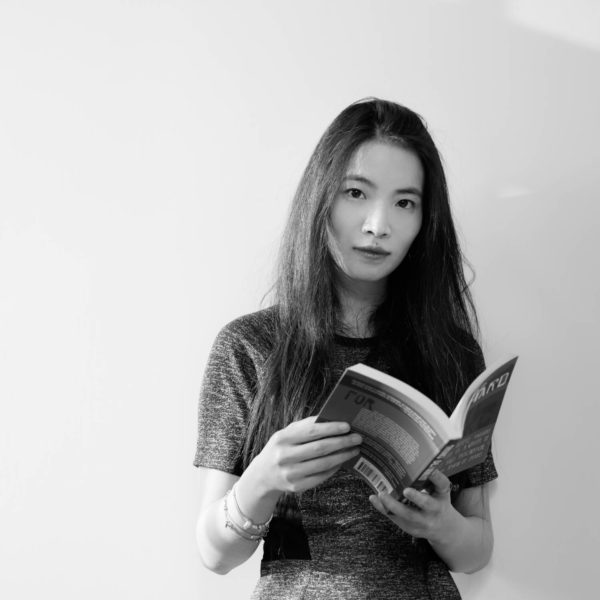 Tammy Ho Lai-MingHong Kong Baptist University, Hong Kong
Tammy Ho Lai-MingHong Kong Baptist University, Hong Kong -
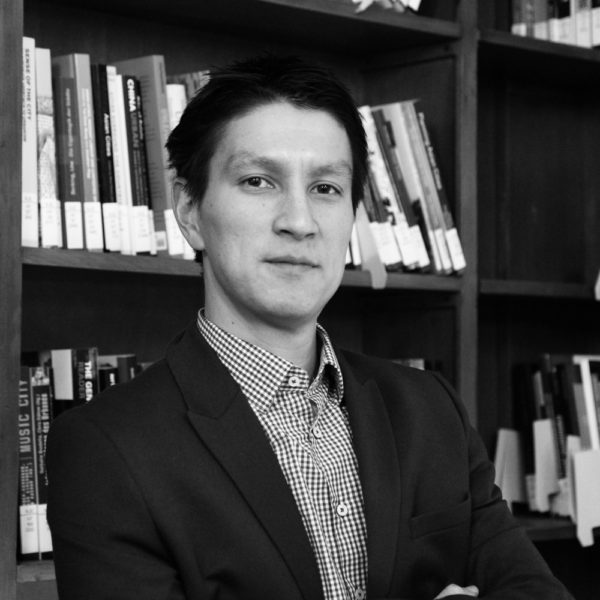 Takuma MelberThe University of Heidelberg, Germany
Takuma MelberThe University of Heidelberg, Germany -
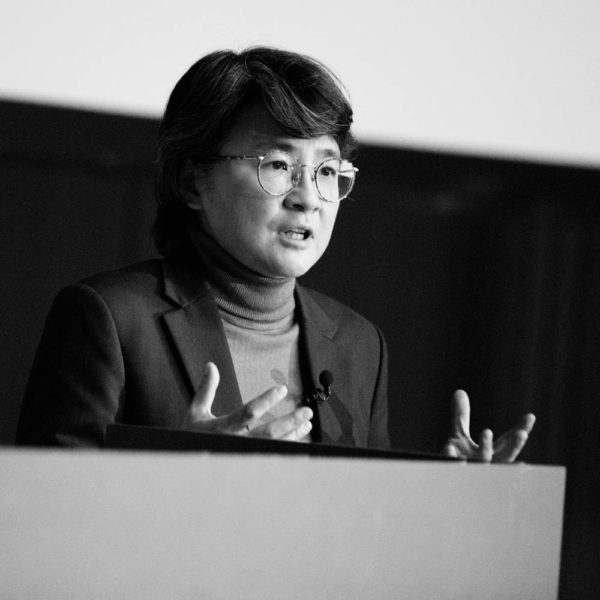 Haruko SatohOsaka University, Japan
Haruko SatohOsaka University, Japan
Organising Committee
The Conference Programme Committee is composed of distinguished academics who are experts in their fields. Conference Programme Committee members may also be members of IAFOR's International Academic Board. The Organising Committee is responsible for nominating and vetting Keynote and Featured Speakers; developing the conference programme, including special workshops, panels, targeted sessions, and so forth; event outreach and promotion; recommending and attracting future Conference Programme Committee members; working with IAFOR to select PhD students and early career academics for IAFOR-funded grants and scholarships; and overseeing the reviewing of abstracts submitted to the conference.
-
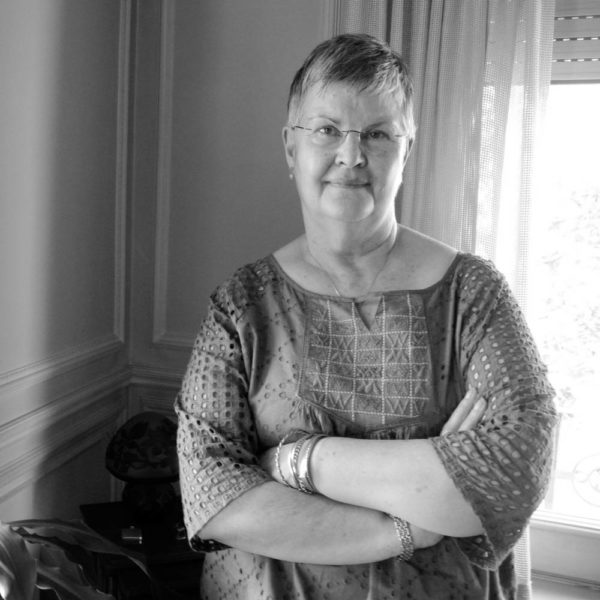 Sue BallynBarcelona University, Spain
Sue BallynBarcelona University, Spain -
 Joseph HaldaneThe International Academic Forum (IAFOR), Japan
Joseph HaldaneThe International Academic Forum (IAFOR), Japan -
 Donald E. HallBinghamton University, USA
Donald E. HallBinghamton University, USA -
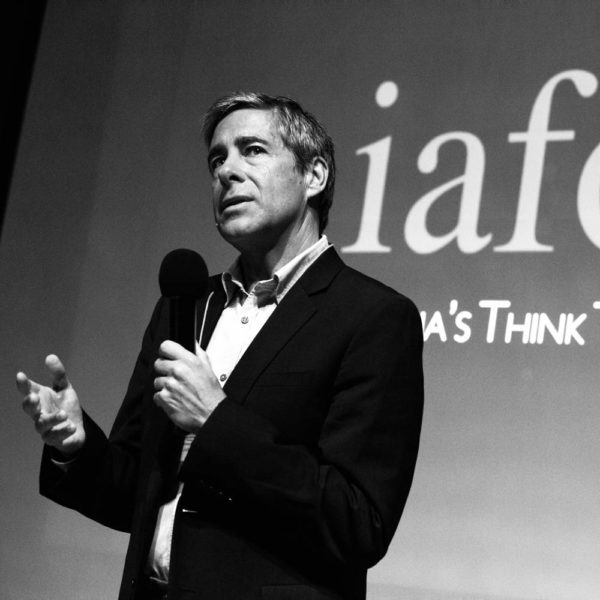 Baden OffordCentre for Human Rights Education, Curtin University, Australia & Cultural Studies Association of Australasia
Baden OffordCentre for Human Rights Education, Curtin University, Australia & Cultural Studies Association of Australasia -
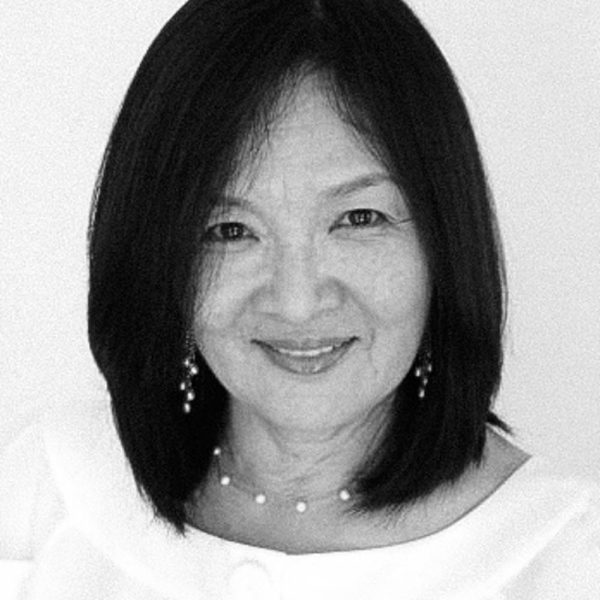 Seiko YasumotoUniversity of Sydney, Australia
Seiko YasumotoUniversity of Sydney, Australia
Review Committee
- Dr Adriano Balagot, City University of Marikina, The Philippines
- Dr Alexandre Avdulov, Saint Mary's University, Canada
- Dr Anand Wadwekar, School of Planning and Architecture Bhopal, India
- Dr Angela Turner-Wilson, Bournemouth University, United Kingdom
- Dr Cecilia Fe Sta Maria-Abalos, University of the Philippines Baguio, The Philippines
- Dr Helena Vasques de Carvalho, ISCTE-IUL, Portugal
- Dr Patricia Audrey Ruslijanto, University of Brawijaya, Indonesia
- Professor Shu-Chung Lii, Chang Gung University, Taiwan
- Dr Susan Bacud, University of the Philippines Los Banos, The Philippines
- Dr Yoshihiko Yamamoto, Shizuoka University, Japan
IAFOR's peer review process, which involves both reciprocal review and the use of Review Committees, is overseen by conference Organising Committee members under the guidance of the Academic Governing Board. Review Committee members are established academics who hold PhDs or other terminal degrees in their fields and who have previous peer review experience.
If you would like to apply to serve on the ACCS2019 Review Committee, please visit our application page.
